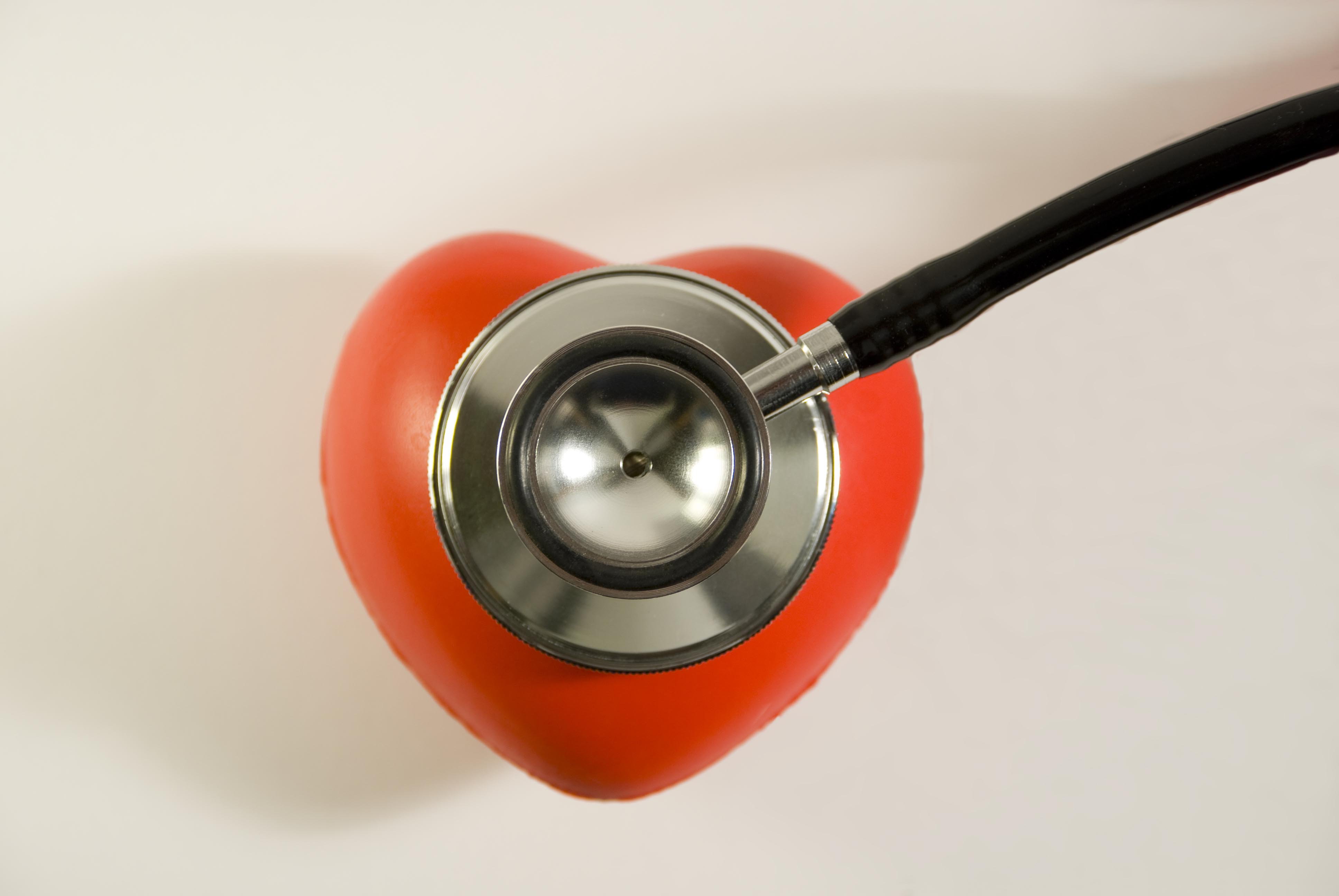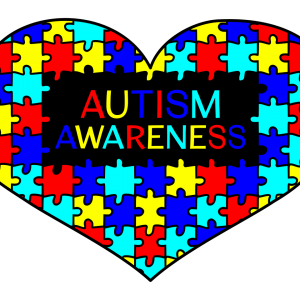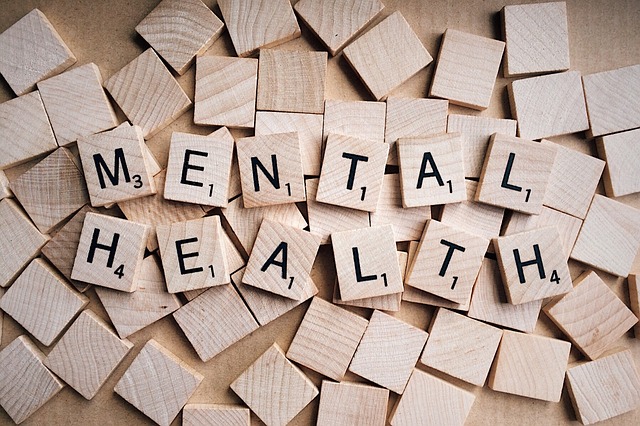Last Updated on May 14, 2020
This past Mother’s Day launched the 21st annual National Women’s Health Week. Led by the U.S. Department of Health and Human Services Office on Women’s Health, the goal is to empower women to make their health a priority and raise awareness of the steps one can take to improve their health .
The Centers for Disease Control and Prevention (CDC) recommends many common measures, such as proper health screenings, staying physically active, eating healthy, and promoting other healthy behaviors. Healthy behaviors include getting enough sleep, being tobacco-free, washing your hands, not texting while driving, and wearing a seatbelt, a bicycle helmet, and sunscreen when appropriate. The Office on Women’s Health website has specific suggestions for women through their 20s to their 90s.
Women can face difficulty accessing healthcare depending on where in the country they are, being believed or taken seriously by healthcare professionals, can have their bodily autonomy questioned when seeking certain services, and report forgoing healthcare services more than men. Maternal mortality, women dying of complications of pregnancy or childbirth, is increasing in the United States and is now four to six times higher than in many European countries. The Centers for Disease Control and Prevention (CDC) give a figure of 17.4 per 100,000 births, or 658 women per year, with an enormous racial discrepancy. The rate is 14.7 per 100,000 for white women and 37.1 for black women.
The Affordable Care Act (ACA; aka Obamacare) established essential health benefits that insurers are required to cover, including maternity care. Following the Trump administration’s failed attempts to repeal the ACA in 2017, the Department of Health and Human Services (HHS) announced a year later that insurers will be allowed to omit these essential health benefits from their insurance offerings, leaving the state of health insurance to pre-ACA standards when women were often charged inordinate fees for “extra” maternity coverage.
This is compounded by the Trump-approved short-term insurance plans, that are held to much lower standards than Obama-era insurance guidelines. “Trumpcare” plans have low premiums but high out-of-pocket costs and poor benefit coverage — they’re not required to cover pre-existing conditions or healthcare situations such as pregnancy — and lack provider networks which leads to large unexpected hospital bills.
In 2018, The HHS-operated Office for Women’s Health (OWH) website had removed the “lesbian and bisexual health” page and other related links; then later, the OWH Breast Cancer websites were removed before being replaced days later with a single page featuring less comprehensive information. Last year, the HHS finalized the formation the Conscience and Religious Freedom Division that would allow doctors to refuse treatment for those that go against their religious beliefs — limiting access to care and undermining the civil rights, health, and well-being of women seeking reproductive health services, LGBT people, their children, and others.
The ongoing COVID-19 pandemic affects all facets of healthcare, including women’s health. While coronavirus disease appears to be less fatal` for women overall, many are facing significant barriers to routine appointments that often include cancer screenings. Pregnant women are upturning to their delivery plans and being advised to be separated from their newborn. There are also concerns with increased domestic abuse. Every year, more than 10 million Americans experience domestic violence, and experts fear that the pandemic and the isolation necessary to combat it could drive those numbers even higher.
Despite the harm being done to women’s access to healthcare and over the past years, there are still resources for women in need. In the past, we’ve detailed the National Breast Cancer and Cervical Cancer Early Detection Program; a program that has provided low-income, uninsured, and underserved women access to timely breast and cervical cancer screening and diagnostic services for over 25 years. Information for the local offerings from the program can be found in the NeedyMeds State Sponsored Programs database. There are other government programs for women’s health to be found on our site, including WISEWOMAN, a program that provides low-income, uninsured/under-insured women with blood pressure, cholesterol, and diabetes screenings.
NeedyMeds has a database of over 18,000 free, low cost, or sliding scale clinics, more than 6000 of which offer women’s health services including nearly 500 Planned Parenthood locations. Search your ZIP code for clinics in your area, and find Women’s Health in Services under the Details heading to find free or low-cost medical attention. Assistance for women’s health can also be found in our Diagnosis-Based Assistance database by searching for conditions that affect the women in our lives, including many that offer various forms of assistance for women seeking an abortion. For more resources, check our website at Needymeds.org or call our toll-free helpline at 1-800-503-6897 9am to 5pm Eastern Time Monday through Friday.




